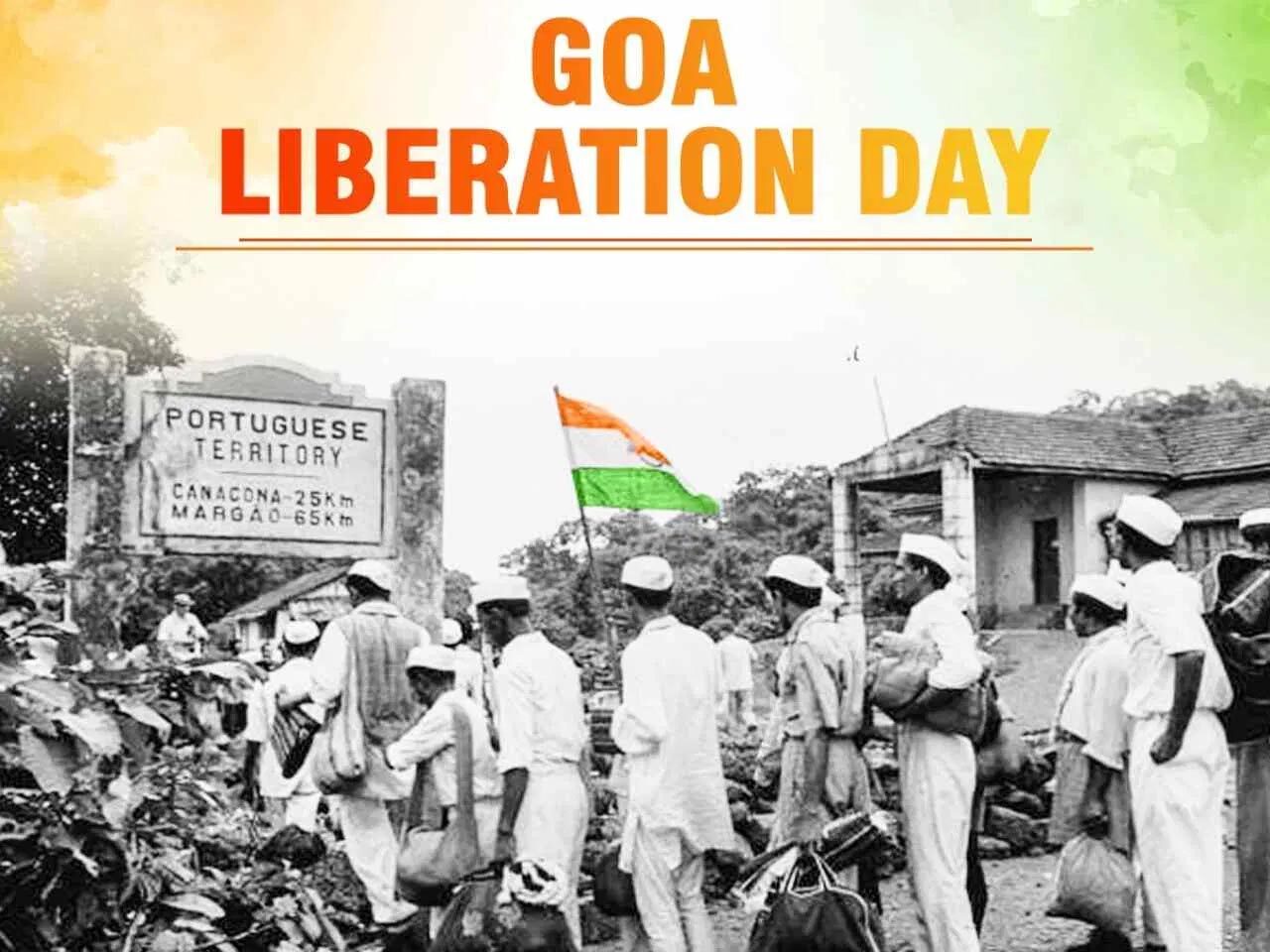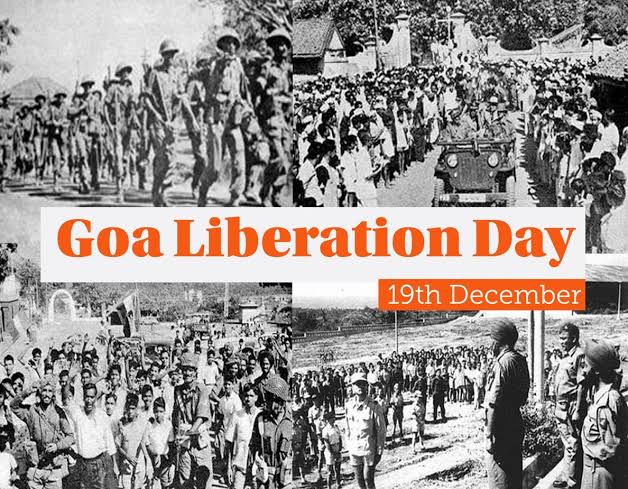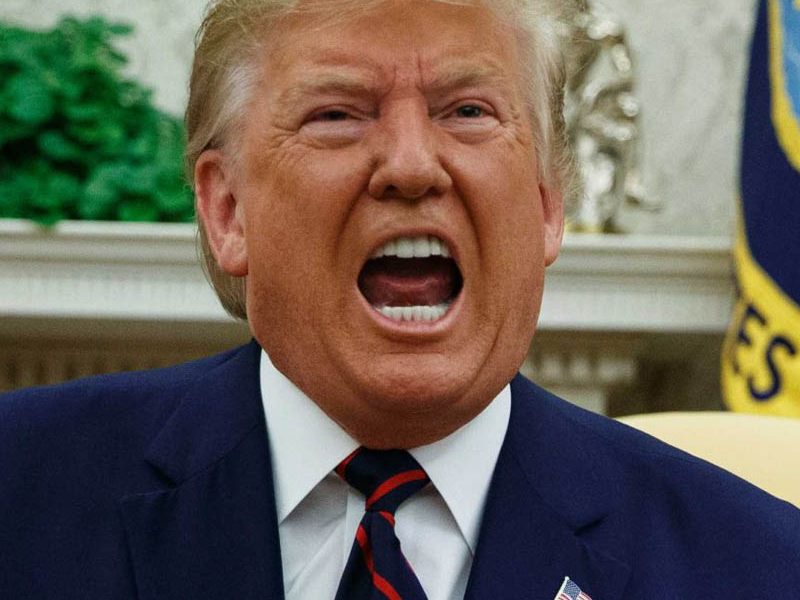E very year, 19th December marks a unique and historic day in India’s smallest state of Goa. It is a day that symbolizes Goa’s liberation from Portugal, a colony that it ruled for whopping 450 years. India’s swift military operation ensured Goa’s liberation within 48 hours. But, did you know, that Russia (then USSR), although not directly involved in the military operations, also had a noteworthy role to play in Goa’s liberation from its colonial power.
On December 19, 1961, after more than four centuries under Portuguese rule, Goa was liberated and reclaimed by India. The liberation of Goa followed a series of events that strained relations between India and Portugal, culminating in ‘Operation Vijay’ by the Indian Army.
Goa’s liberation came 14 long years after India gained Independence from the British.
Portuguese were the first Europeans who landed in India and occupied Indian territories. Portuguese sailor Vasco De Gama had come to India in 1498 and by 1510, Goa became a Portuguese colony, when Admiral Afonso de Albuquerque defeated the forces of the sultan of Bjiapur, Yusuf Adil Shah. The next four and a half centuries saw one of Asia’s longest colonial encounters — Goa found itself at the intersection of competing regional and global powers and religious and cultural ferment that would lead eventually to the germination of a distinct Goan identity that continues to be a source of contestation even today.
The present-day Goa was under the Portuguese grip and it remained so till 1961 which means that Goa had remained occupied for a longer period than any other part of India. Even French had given up claim on Puducherry in 1954 and it was included in India. But Portuguese continued to defy India’s requests and kept claiming and ruling Goa.
MILITARY ACTION TO FREE GOA
The struggle for Goa’s freedom intensified in the 1940s as India approached its own Independence. However, Goa remained a Portuguese stronghold, leading to an economic blockade imposed by India in 1955. India asked Portuguese to vacate Goa. Tensions escalated when Portuguese forces fired upon Indian steamers and fishing vessels, resulting in casualties. Portuguese navy also tried to take villagers from Indian territory as hostages.
This act of aggression prompted India to launch a full-scale military assault. India decided to use force and Prime Minister Jawaharlal Nehru led government, ordered action and 30,000 Indian troops with full air and naval support launched offensive and within 48 hours, the nearly 450-year-old rulers of Goa gave up and Goa was liberated, which led to the surrender of the Portuguese governor general and the integration of Goa into India.




PORTUGAL INVOKES UN CHARTER
Despite India’s military action and Goans unshackling themselves, Portugal clung stubbornly to its colony. Portugal had changed its constitution in 1951 to claim Goa not as a colonial possession, but as an overseas province. The move was apparently aimed at making Goa a part of the newly formed North Atlantic Treaty Organisation (NATO) military alliance — so the collective security clause of the treaty would be triggered in the event of an attack by India or any other nation.
At the United Nations, the situation became a diplomatic battleground. Refusing to recognise India’s sovereignty, Portugal challenged India’s military action at the United Nations. While facing opposition from Western powers at the UN, India found an unwavering ally in the Soviet Union.
The United States, United Kingdom, and France supported Portugal’s resolution demanding India withdraw its forces from Goa to the positions prevailing before December 17, 1961. Portugal’s resolution was also backed by China, Ecuador, Chile and Brazil.
However, the Soviet Union, leveraging its veto power, stood by India, rallying support from countries like Liberia, the United Arab Republic (UAR), and Sri Lanka. These nations criticized the West’s double standards, particularly highlighting the West’s silence on Portugal’s suppression of freedom movements in its other colonies, such as Angola.
HOW RUSSIA AND FRIENDS TOOK APART RESOLUTION AGAINST INDIA
The USSR’s permanent representative to the UN, Valerian Zorin, delivered a powerful condemnation of the Western stance, questioning America’s right to brandish ethics when it had unsuccessfully tried to invade its neighbour Cuba only a few months before the proposed UN resolution against India was tabled.
He questioned their moral authority to lecture India on aggression while harbouring colonial ambitions themselves.
USSR asked why the Western nations had selectively excused themselves from condemning Portugal’s violent suppression of the freedom movement in Angola.
The Soviet Union argued that Goa’s connection to India was undeniable, based on geography, history, culture, language, and traditions, effectively countering Portugal’s claim of ownership through long-term occupation.
The Liberian representative ridiculed the Portuguese stance of “maintaining that these enclaves, located on the subcontinent of India, constitute part of Portugal located on the continent of Europe”.
The submissions led by the USSR helped veto the resolution proposed by Portugal and its allies and cleared the way for Goa’s Liberation on December 19, 1961.
On January 5, 1962, Prime Minister Jawaharlal Nehru, speaking at the 67th session of the Indian National Congress in Patna, admonished the West’s attempts to thwart Goa’s Liberation. “Western countries which appeared to be angry over India’s action in Goa had been sleeping all this time and had never moved even a little finger to help settle the issue peacefully,” Nehru said.
Goa became India’s 25th state and Daman and Diu were made a separate union territory.




